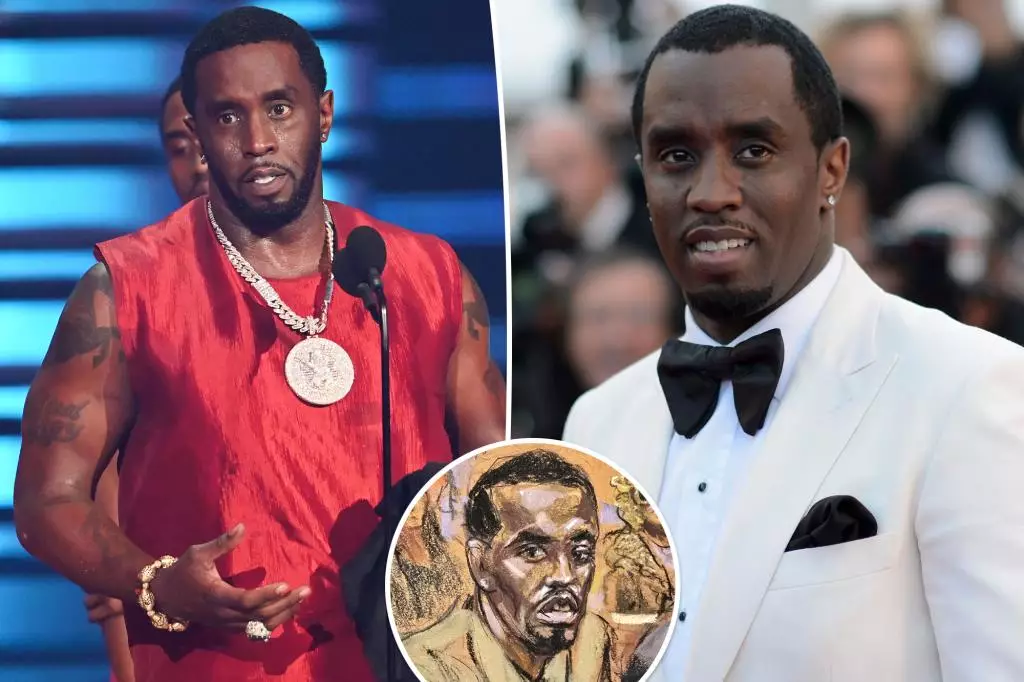In a significant legal development, Sean “Diddy” Combs faces serious allegations of sexual assault from a woman identified in court documents as Jane Doe. A ruling from Judge Mary Kay Vyskocil in the Southern District of New York has called into question the viability of anonymity in high-profile lawsuits. The case not only highlights the complexities surrounding sexual assault allegations but also raises critical questions about privacy rights, accountability, and the broader implications for victims who seek justice.
The principle of anonymity can provide essential protection for individuals filing lawsuits, particularly in cases involving sensitive matters like sexual violence. Nevertheless, Judge Vyskocil’s recent ruling indicates that such protections may not be entirely bulletproof, especially when the case involves public figures. In her opinion, Vyskocil acknowledged the potential personal and social ramifications facing Doe. However, she also underscored the necessity for transparency when allegations implicate notorious public figures, emphasizing that the legal system has a role in addressing and holding accountable accusations of serious misconduct.
Doe has until November 13 to disclose her identity or risk her case being dismissed—highlighting the delicate balance a judge must navigate between protecting an individual’s rights and upholding the integrity of the legal process. In her argument, Vyskocil pointed out that by electing to file a lawsuit against Combs, Doe willingly stepped into the public arena, knowingly challenging a figure with significant media attention and public scrutiny.
According to court documents, Doe alleges that she was lured into a hotel room in Manhattan in 2004, where she claims Combs sexually assaulted her under the threat of severe violence. This alarming narrative is consistent with other lawsuits that have surfaced against Combs, where multiple accusers have reported similar experiences involving intimidation and coercion. The sheer volume of complaints, reportedly involving 120 alleged victims represented by attorney Tony Buzbee, suggests a troubling pattern.
The allegation from Doe does not exist in a vacuum; it is part of a broader tapestry of accusations against Combs that span three decades. In fact, the gravity of these claims is magnified by parallel lawsuits from both male and female victims, some of whom were minors at the time of their alleged victimization. These numerous allegations have come under the spotlight following Combs’ recent scandals, including a swift out-of-court settlement with his ex-girlfriend Cassie Ventura, who accused him of rape and physical abuse.
The legal troubles surrounding Combs have ignited public interest and scrutiny not only concerning the specifics of his case but also regarding the broader societal impact of sexual assault allegations. When accusations are made against high-profile individuals, they become a catalyst for discussion on various vulnerable issues, including victim support, legal protections, and the potential for abuse of power.
Combs’ arrest and the subsequent charges of racketeering and sex trafficking add another layer of complexity to an already intricate case. This situation serves as a stark reminder that the legal system operates within a landscape of public perception and media coverage, where every development can have widespread ramifications. The court’s decision to mandate Doe to reveal her identity speaks volumes about the current legal climate’s emphasis on transparency versus the critical need for protecting victims.
As the trial date approaches—set for May 5, 2025, coinciding with the prestigious Met Gala—the outcome may extend far beyond Combs himself. It could have profound effects on how sexual assault cases are treated in the media and legal systems. While anonymity can serve to protect victims, the challenges posed by pervasive public interest and the need for accountability pose serious questions.
The case exemplifies the tension between victims seeking justice and the legal system’s obligation to ensure due process. As the legal battle unfolds, the implications for both the accuser and the accused will likely resonate throughout society, prompting further discussion about privacy rights, victim advocacy, and the lasting effects of sexual misconduct.
